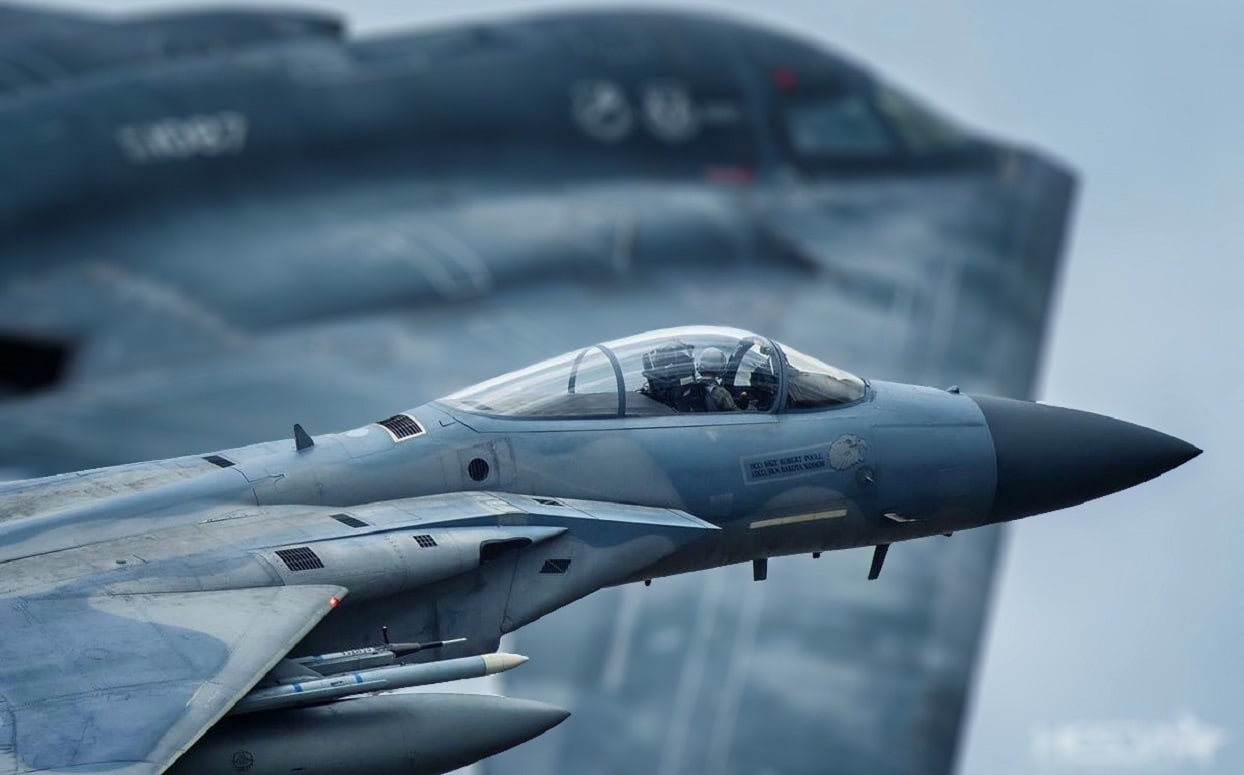You have your dream job. You’re a fighter pilot – the king of the skies. But after you serve your country in one of the most dangerous jobs, you come down with cancer, a problem afflicting many former fighter pilots in the U.S. Air Force.
According to a recent study, if you are a fighter pilot or a certain member of the crew, you have a 29 percent chance of getting testicular cancer and you have a 25 percent increased chance of getting diagnosed with skin or prostate cancer.
Which Pilots Are Getting Cancer?
The 2021 study, “Cancer Incidence and Mortality Among Fighter Aviators,” revealed numbers that are startling. Social scientists affiliated with the Air Force Research Lab looked at fighter pilots and their weapons systems officers – an experimental group called “fighter aviators.” The sample was taken from fighter aviators who had at least 100 flight hours in a fighter plane from 1970 to 2004. So, this included the end of the Vietnam War, Operation Desert Storm, and the beginning of the Second Gulf War.
The sample had nearly 35,000 fighter aviators. The scientists compared their cancer rates to a control group of 316,262 officers who did not fly warplanes during that time period. Thousands of fighter aviators were diagnosed with cancer. The rates were shocking. Fighter pilots are 29 percent more likely to be diagnosed with testicular cancer; 24 percent more likely to be diagnosed with skin cancer; and 23 percent more likely to have prostate cancer compared to their peers.
The study also made a comparison with the fighter aviator sample and the general U.S. population. The veterans are again more likely to get cancer. Fighter aviators were 13 percent more likely to get non-Hodgkin lymphoma, 25 percent more likely to be diagnosed with melanoma, and 19 percent more likely to get prostate cancer compared to the general population.
Policy Makers Want Answers
Senators such as Dianne Feinstein are getting involved and want to do studies across the service branches to learn more about veterans with cancer. She already added authorization language in last year’s National Defense Authorization Act that will have the Defense Health Agency investigate other members of flight crews who are coming down with cancer. Defense Secretary Lloyd Austin wants a study to look at causes of the cancer among Air Force fighter pilots.
If You Are Fighter Pilot Get Screened Early
It’s not clear what is causing this outbreak. It could be radiation from the radar, jet fuel, solvents, or exposure to other chemicals. My brother-in-law served in the Air Force as an avionics technician for the F-16 and the F-117 during the 2000s. He was routinely exposed to jet fuel and other chemicals on the flight line. He was diagnosed with colon cancer at 38 and the U.S. Department of Veterans Affairs determined that his cancer was service-connected. After emergency surgery and aggressive chemotherapy, he is currently in remission.
Some aviators are calling for the Air Force to screen for cancer on pilots beginning at the age of 30. The Secretary of Defense should call louder for that study on the causes of cancer to be carried out promptly. No pilot should have to fight this alone if it is indeed service-connected. We owe much to our warriors in the sky and we should do anything possible to keep them from being afflicted with this horrible disease.
1945’s new Defense and National Security Editor, Brent M. Eastwood, PhD, is the author of Humans, Machines, and Data: Future Trends in Warfare. He is an Emerging Threats expert and former U.S. Army Infantry officer.

